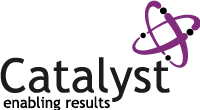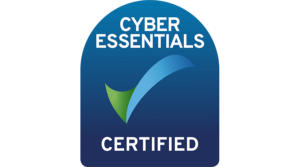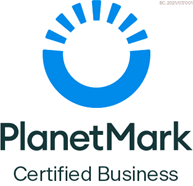WHAT IS LEAN?
Lean is a systematic approach to identifying and eliminating waste through continuous improvement, aimed at optimising processes and enhancing value for the customer.
What are the benefits of Lean?
Reduced process waste
Enhanced product value
Streamlined operations
Increased efficiency
How did Lean begin?
Lean originated from the Toyota Production System (TPS) in Japan during the 1950s, a methodology designed to improve the manufacturing process by minimising waste and maximising value. Over time, the principles and practices of TPS evolved and were adopted more widely, leading to what is now globally recognised as Lean methodology.
What is the main objective of Lean?
The primary objective is to eliminate waste in processes while maximising value for the customer.
How does Lean differ from traditional management?
Lean focuses on continuous improvement, customer value, employee engagement and waste elimination as a system, while traditional management may not prioritise these aspects as strongly.
What are the key principles of Lean?
The core principles of Lean include:
- Identifying value from a customer’s perspective.
- Mapping the value stream to expose waste.
- Making processes flow.
- Implementing a system where work is pulled through based on customer demand.
- Pursuing continuous improvement through regular reviews and adjustments.
Are Lean principles only applicable to manufacturing?
No, Lean principles can be applied across various sectors, including services, healthcare, and more.
What are some tools used in Lean?
Tools include Value Stream Mapping, 5S, Kaizen, and Kanban, among others.
How long does it take to see results from implementing Lean?
It may take several years to build a fully lean culture but quick wins are almost immediate as people learn to see waste.
Is Lean only about cutting costs?
No, while cost reduction is a benefit, the main aim is to increase value for customers by improving processes.
Why is the emphasis on ‘People’ so significant in Lean?
Within the 4P’s framework of Lean – Philosophy, Process, People, and Problem Solving – ‘People’ play a vital role. Those engaged in operations offer unmatched insights into potential enhancements. When these individuals are recognised and valued, they drive impactful change, nurturing a durable culture of continuous betterment. While Lean principles and tools are essential, it’s the commitment and insights of individuals that truly anchor and manifest Lean’s transformative goals.
What are the most important things to consider before starting Lean?
Key considerations include organisational readiness, defining clear objectives, securing leadership commitment, and understanding current processes.
How can I become proficient in Lean?
Participating in training courses, such as Lean Awareness and Lean Practitioner can provide comprehensive knowledge. Then you’ll continue to learn by putting the training into practice – some expert coaching support will be needed too.








